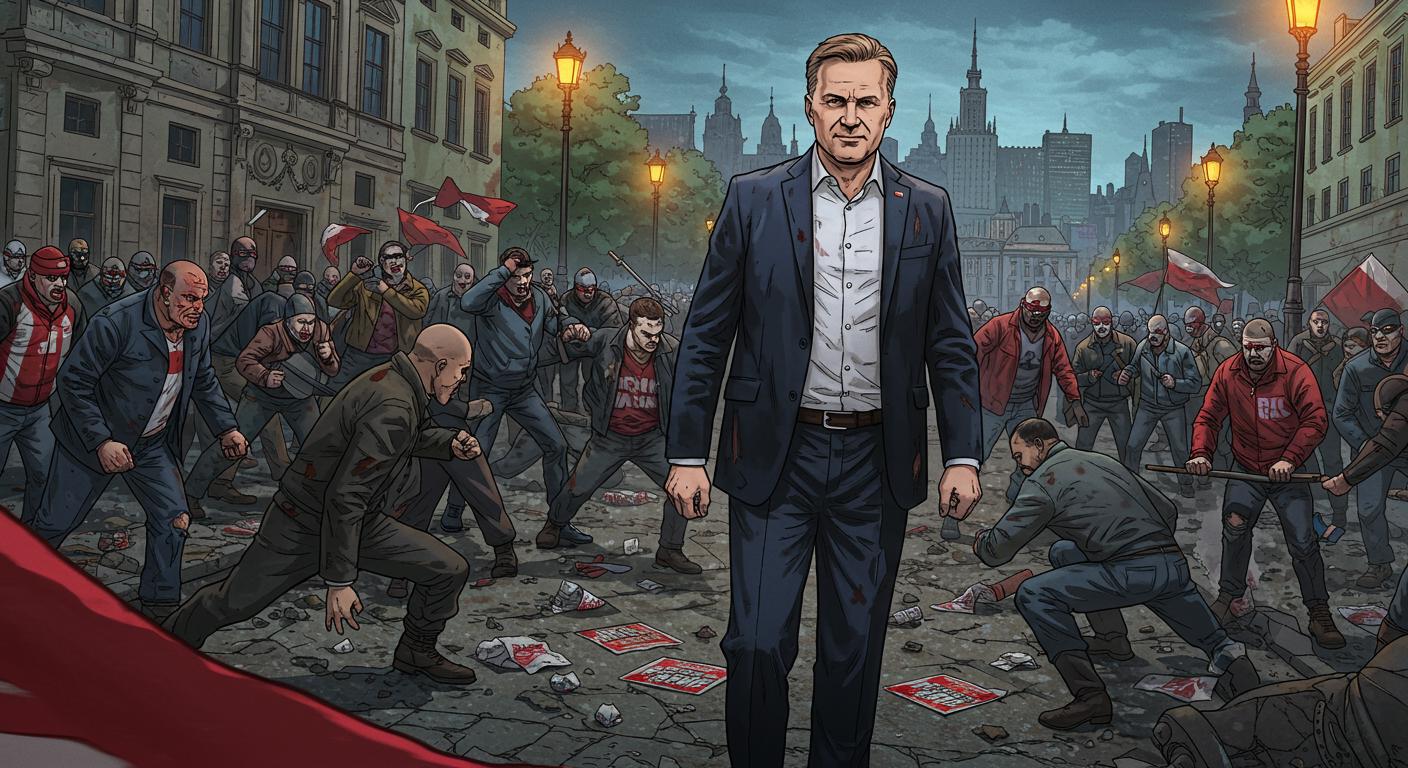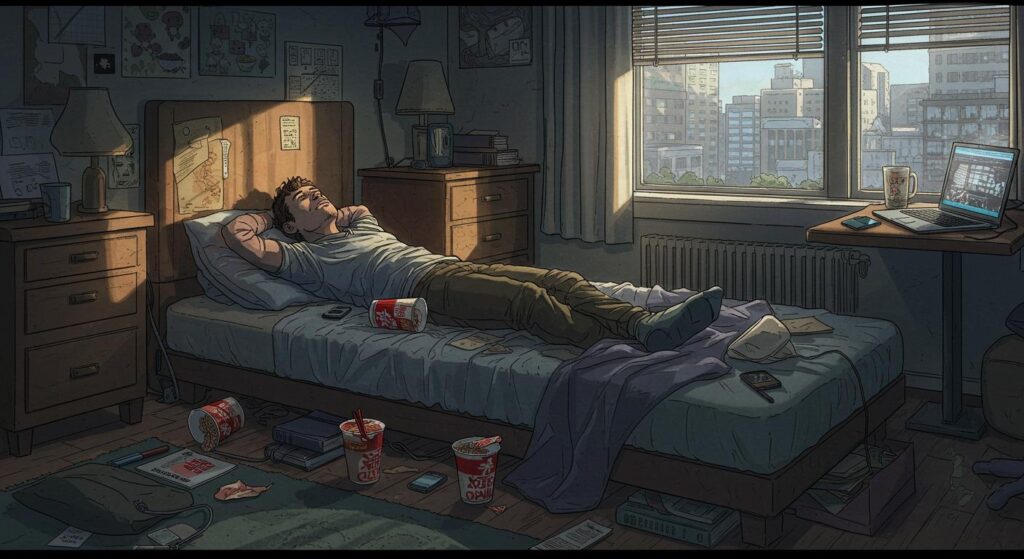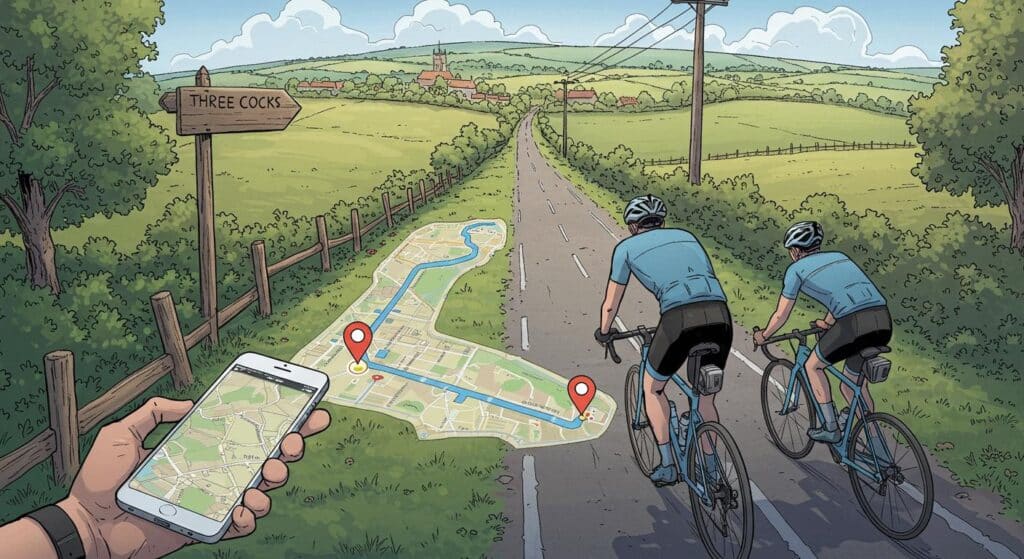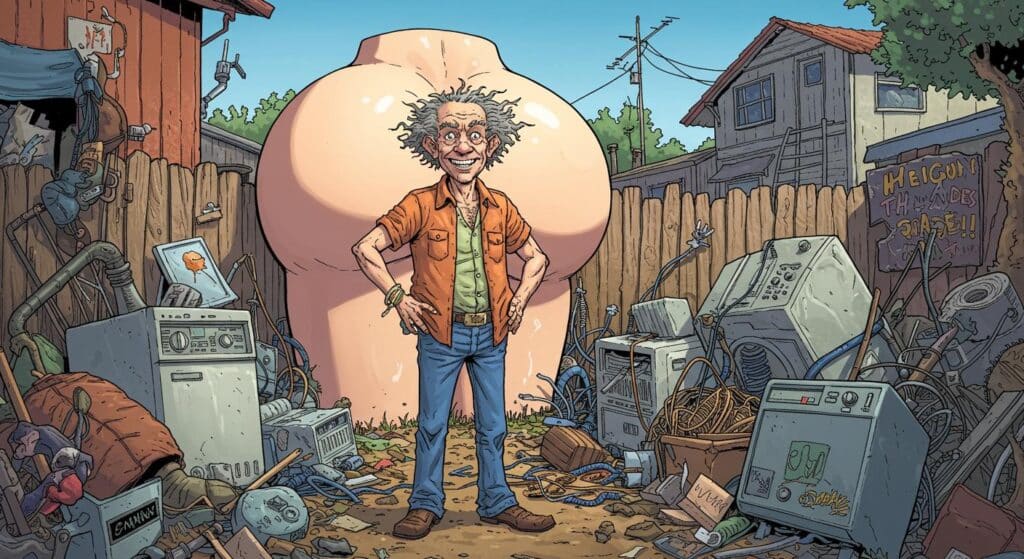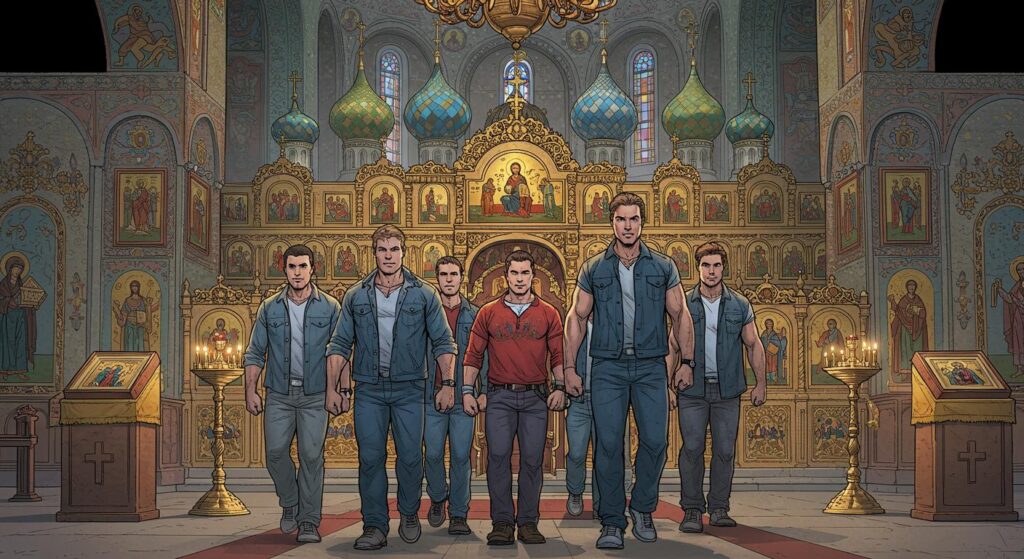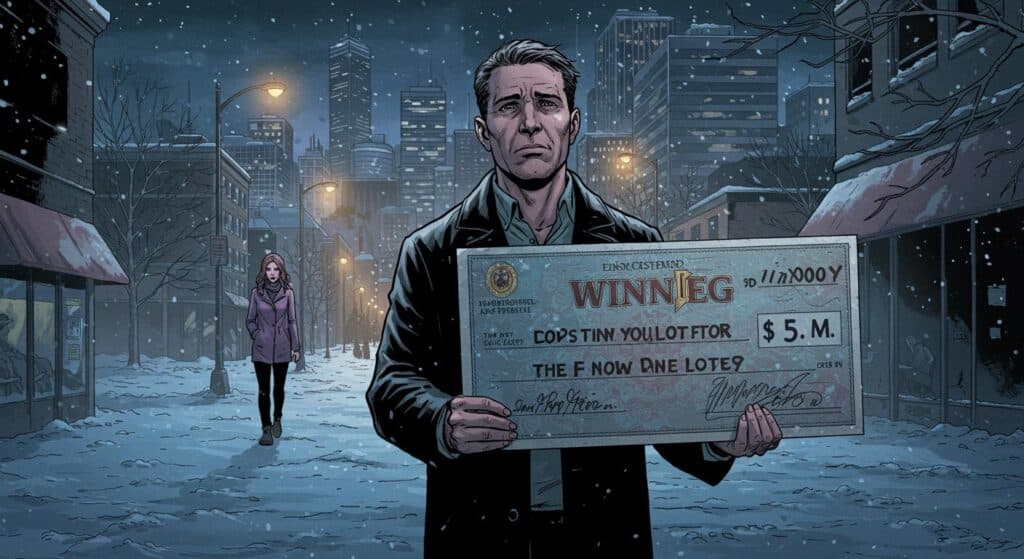If you’re ever feeling like the political discourse in your country has gotten a little too lively, let me direct your attention to Poland, where the presidential race has taken a detour into the annals of football hooliganism. It turns out, one of the two men vying for the country’s top job has not only dabbled in fisticuffs—he’s apparently gone a step beyond, participating in what can only be described as a real-life, large-scale version of Fight Club.
A Presidential Candidate, a Hooligan Past, and a Very Public Admission
According to TVP World—which draws heavily from investigative reporting by Wirtualna Polska and Onet—Karol Nawrocki, currently neck-and-neck for the Polish presidency, has confirmed participating in a massive, organized brawl that took place back in 2009. The story surfaced when Sławomir Mentzen, a far-right politician and recent third-place finisher in the first round of elections, questioned Nawrocki during a live YouTube interview about his alleged involvement in a notorious ustawka—an arranged gang fight between rival football supporter groups.
Nawrocki didn’t deny it. Instead, he described it as “noble, masculine combat,” further linking the incident to his longstanding interest in boxing and his past as a heavyweight boxing champion, as compiled by Wirtualna Polska and further detailed by TVP World. Not the usual “youthful indiscretion” most politicians point to. Somewhere, there’s probably a campaign aide quietly revisiting their talking points about “strength of character.”
140 Go In, Some Crawl Out
The brawl’s specifics, as laid out in source material from Wirtualna Polska and Onet, and summarized by TVP World, are as cinematic as they are concerning. On October 25, 2009, following a match between Lechia Gdańsk and Lech Poznań, two organized groups—each reportedly 70 strong—met near Rębiechowo outside Gdańsk in a planned confrontation. Eyewitness accounts collected by Wirtualna Polska and referenced in TVP World depict a large-scale fight lasting about six-and-a-half minutes, ending, according to fan sites, with a “win” for Lechia Gdańsk.
Nawrocki, who at the time worked at Poland’s Institute of National Remembrance, was named as part of the Lechia side, specifically aligned with the “Hooligans of the Free City,” a well-known—and, as authorities have documented, criminally connected—group in the Gdańsk area. Reports collected by both TVP World and Polish outlets note that both sides in the brawl included members who would later be convicted for serious offenses, including figures like Olgierd L., arrested on charges ranging from incitement to arson to illegal arms trafficking, and Daniel U. (“Dzidek”), a former boxer and a key Gdańsk hooligan figure sentenced in 2023 for murder.
Legal Lines and Political Landmines
Legal experts referenced by Wirtualna Polska and cited in TVP World point out that, under Polish law, active participation in an organized fight could carry a penalty of up to five years in prison, although the statute of limitations has now expired. Zbigniew Maj, a former Central Bureau of Investigation official, told Gazeta Policyjna in 2011—highlighted in the TVP World coverage—that organizers of the 2009 brawl operated with the hierarchy and infrastructure of a typical criminal syndicate.
It’s a real lesson on how organized recreation sometimes slips into organized crime. You have to wonder if anyone involved brought orange slices, or just brass knuckles.
Regret? Not Exactly.
Perhaps the most unexpected note: Nawrocki’s campaign isn’t exactly contrite. At a Friday press conference, his campaign manager described the fight as a “youthful episode,” with Nawrocki himself expressing neither regret nor shame. TVP World documents the campaign’s position that there’s nothing to apologize for—a stance far from the typical formula of election-season remorse. It’s a bold approach: run toward your own colorful history, see if anyone salutes.
Has this swayed public opinion? It seems open for debate. Polish politics has a tradition of both rough-and-tumble rhetoric and—apparently—occasional literal rough-and-tumble. Will this be dismissed as “boys will be boys,” or haunt Nawrocki at the ballot box?
Immediate Fallout
Political responses have, as might be expected, been swift and sharp. Prime Minister Donald Tusk, speaking to broadcaster TVN24 in a quote relayed by TVP World, called the revelation “unprecedented,” suggesting it’s the first time in modern Polish history that a presidential contender’s direct links to the criminal underworld are so public.
Senior figures in the opposition Law and Justice (PiS) party, which backs Nawrocki, denounced the timing and substance of the revelations, labeling it “mud, slander and insult”—as shown in the summary provided by TVP World. The implication: this is more campaign tactic than genuine concern.
A Strangely Fitting Polish Election Moment
As collected and synthesized by TVP World from an array of Polish media and official sources, the story seems less about the specifics of a 2009 dust-up and more about the intertwining of personal narrative, national memory, and the spectacle of toughness in today’s electoral politics. Nawrocki’s embrace of his “noble” past is unusual, if oddly in step with the way politics can sometimes reward boldness over contrition.
Is this the wild twist that will mark a feverish campaign season, or an indicator of shifting expectations for who can credibly ask a nation to trust them with the highest office? Maybe it’s just a reminder that, in politics everywhere, the line between a combative persona and genuine past brawling is sometimes a bit blurry.
So, will Polish voters cheer this odd brand of authenticity, or frown at the spectacle of a would-be president revisiting the glories of a mass fistfight? Football may be a national passion, but picking leaders out of the penalty box might be pushing it.

